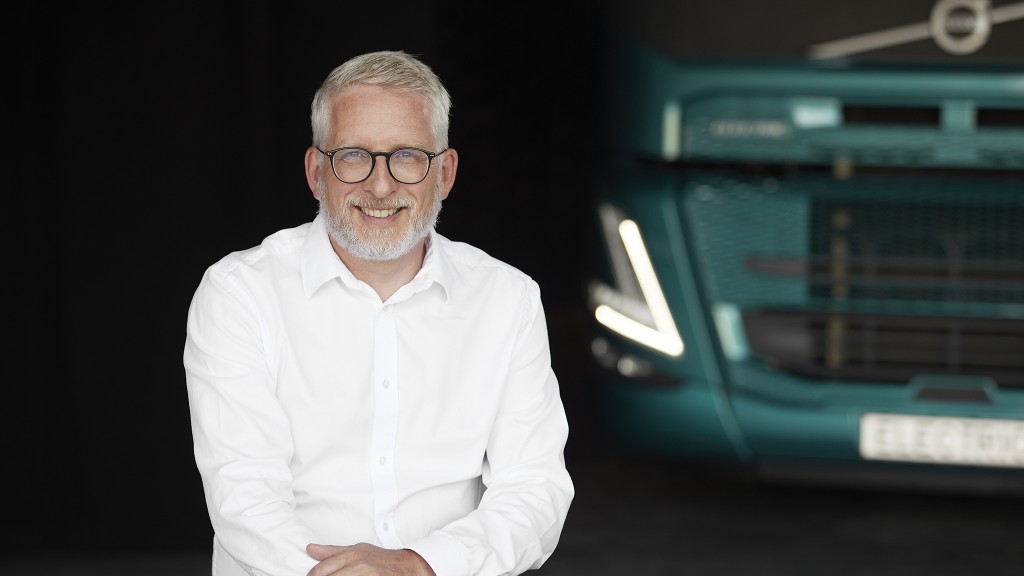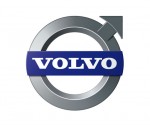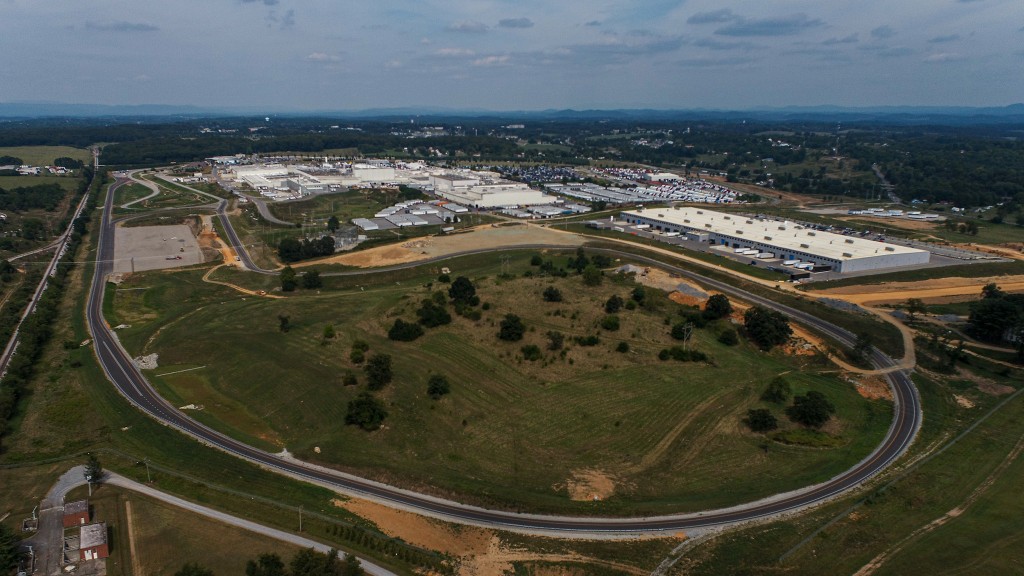
Companies around the world are increasingly aware of how fleet sustainability can and will lower global emissions and decelerate climate change. But before OEMs roll out new technologies commercially, they need to ensure the vehicles and all their components are reliable and up to the task.
Globally, stricter regulations are driving the push to cleaner transportation. During the past few decades, OEMs have led the charge to reduce emissions in their diesel models, with 2010 and later models seeing up to 95 percent less NOx and particulate matter emissions. But rigorous upcoming and pending standards are on the horizon, and vehicle manufacturers must now develop zero-emission options to reduce emissions even more. In the U.S., for example, legislation on the state and federal levels is driving the industry toward even more sustainable solutions.
On the radar for many is California's Advanced Clean Fleets rule, adopted in April 2023, that bans combustion truck sales in the state by 2036. While this regulation will have wide-sweeping impacts, it is only one part of the global movement to decarbonize fleets. For Volvo Trucks, these regulations are not starting points for our drive towards zero-emission transport — we do this to leave a better tomorrow for our future generations.
Volvo Trucks is leading the shift in the right direction toward more sustainable trucking. Recognizing the need for multiple solutions to achieve sustainable goals, the company is taking a three-pillar approach to decarbonizing the industry through battery-electric, fuel cell hydrogen, and other drop-in fossil-free fuels, and pure hydrogen in the internal combustion engine. Volvo Trucks is performing extensive research and thorough testing in real-world operations of these technologies which are not yet commercially available and improvements for BEV offerings which are commercially available. Volvo Trucks' extreme and rigorous testing is designed to ensure its vehicles will rise to the level customers can trust and expect from our company when they are ready for commercial launch.
While transitioning to zero-emission trucks offers numerous benefits, fleets must first develop a solid framework to address the operational differences between ZEVs and traditional ICE-powered vehicles — from vehicle purchasing to infrastructure installation and maintenance. You must also determine which routes are most effective for battery-electric or fuel-cell trucks, factoring in the range required for round trips. In the United States, 68 percent of the freight moves less than 500 miles, making battery-electric vehicles a realistic possibility for many fleets. In Europe, the percentage can be even higher. Volvo Trucks has spent years developing a complete solution for electromobility, most notably with the enhanced VNR Electric models that feature a wider range of configurations and faster charging.
As sufficient charging infrastructure is a key factor here, especially for local or regional transport, planning for options like overnight charging for the following day's deliveries is important to consider when developing your journey to zero emissions. When examining different types of operations — from food and beverage fleets to drayage — trucks require modifications in range, securing extended power, and energy for their driveline. Fleet managers also need to configure each truck to their specific application. For example, if you're driving fewer miles, you can opt for a four-battery pack configuration, while longer routes might require a six-battery pack option instead.
Volvo Trucks continues to explore and expand new cleaner transportation technologies, such as hydrogen fuel cell trucks, which are suitable for longer distances or when batteries aren't an option, like in rural areas where charging infrastructure is limited or simply not available or for long haul commercial fleets. Hydrogen fuel cell trucks only emit water vapour and produce their own electricity onboard. When fueled with green hydrogen, these vehicles are great zero-emission vehicles.
Volvo Trucks tested hydrogen-powered vehicles in the frigid weather of the Arctic Circle in northern Sweden, where engineers collected a great deal of intel from the experience and were able to monitor what happened to the water vapor emission in an extremely cold climate. This new technology is an important part of Volvo Trucks' zero-tailpipe emission product portfolio. These extreme testing conditions were performed on public roads during routine operations and are paramount to ensure this new technology's fortitude in cold climate regions. Volvo Trucks serves customers around the globe, in varying climates, necessitating testing performed in a range of environments to ensure the technology will function at the highest level of performance in all types of conditions.
But fuel cell engines are not the only option for hydrogen — they can also be used to fuel an internal combustion engine (ICE) like those powering our diesel models. As the third pillar in Volvo Trucks' approach to decarbonization, we are looking at ways that hydrogen, green hydrogen, and other biofuels, like biodiesel, can be utilized by fleets in their pursuit of lowering emissions. Biofuels like renewable diesel (HVO) made from carbon-neutral feedstocks are drop-in replacement fuels that can offer great environmental benefits and leverage existing diesel fueling infrastructure. ICE technology can use several different biofuels to meet the current and upcoming stringent emission standards.
Throughout the development of our cleaner transportation technologies, Volvo Trucks engages in active dialogue with customers, giving them a bird's eye view of our electromobility, hydrogen fuel cell, and renewable options. Engineers encourage feedback early on so they can address any issues that arise — for all truck types in all markets — with resources ready to assess, solve, and drive change forward.
Recognizing there is no one-size-fits-all solution, Volvo Trucks continues to explore, research, and conduct real-world testing to support all three pillars of decarbonization. Above all, the road to zero emissions, in any of these forms, are reliable solutions to advance cleaner transportation in all parts of the world.
Lars Mårtensson is Director of Environment and Innovation with Volvo Trucks.



